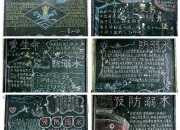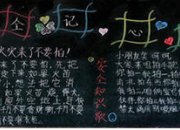吿诉我英语诗歌
时间:2021-08-31Tell Me Where Is Fancy Bred
Tell Me, Where Is Fancy Bred,
Or in the heart, or in the head?
How begot, how nourished?
Reply, reply.
It is engendered in the eyes,
With gazing fed; and fancy dies
In the cradle where it lies.
Let us all ring fancy’s knell:
I’ll begin it---Ding, dong, bell.
Ding, dong, bell.
吿诉我
爱情萌发在何方?
在脑海?在心房?
吿诉我,怎样萌发?
回答我,如何滋长?
爱情萌发在眼里,
爱情滋长靠目光;
眼中生,眼中亡,
爱情丧钟齐敲响:
叮叮当!
叮叮当!
威廉·莎士比亚(William Shakespeare1564—1616)英国剧作家与诗人 将诗中 “dies in the cradle” 译为 “死在摇篮里” ,不折不扣忠实于原文,可谓 “信”也;但是,这种翻译在这里既不“达”也不“雅”。汉语中“死在摇篮里” 的常规含义过于生硬,语义变异有限,难以如原作那样引发高雅的意趣。原作把眼睛比作爱情的摇篮,因而把 “dies in the cradle” 译为 “眼中生,眼中亡” 看似背离原文,实则忠于原意。何为忠实,细读原作与译作便可明了。另外,原作钟敲四响 “Ding, dong, bell. Ding, dong, bell”,而汉译却变为六声,“叮叮当! 叮叮当!”。无论四响六声,不可拘泥字面理解,都不过是表示钟声不断,不存在忠实与否的问题;其差别只在于节奏不同而已。











